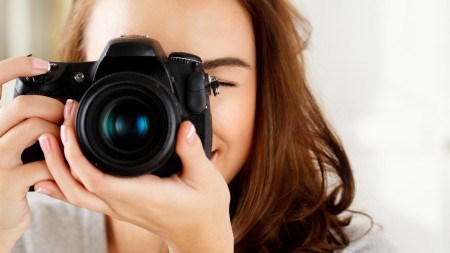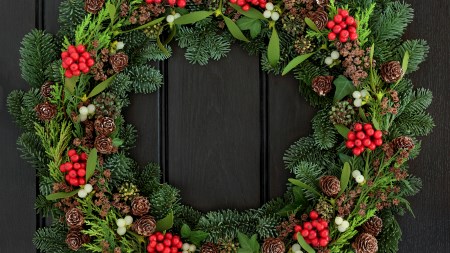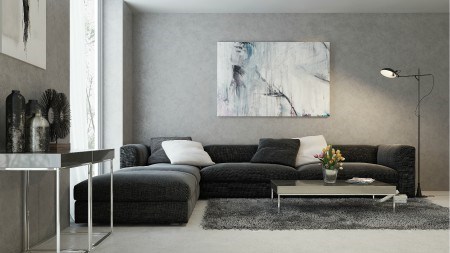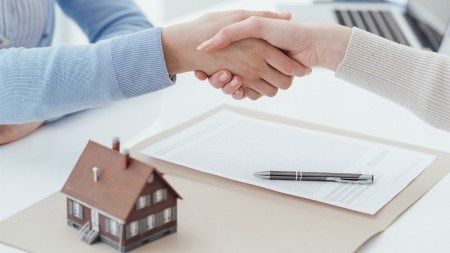One of the truly wonderful things about smart phones, is that they have released the inner ‘photographer’ in all of us; and with each upgrade and derivative launched, and applicable new Apps, comes a whole range of enhancements to make your images look even more professional and creative.
Home sellers can use this to their advantage. You no longer need to depend on the estate agent to take photos of your home, although you may still need their opinion on the selection of images that will best showcase your house on the internet.
Advertise your property for sale on Private Property
There are obviously two aspects of your ‘For Sale’ home that should be featured on websites: the exterior and interior, and both require different types of shots if you are to aiming to highlight the most attractive features of your home.
When you are taking your own photos of your home, try not to be overly-creative, such as using black and white images, or skewed angles. You need to show the home as is, so that potential buyers see a true representation. That does not mean you cannot use enhancing Apps provided they don’t change the tone excessively, particularly when it comes to paint colours.
Also bear in mind that when these images are posted on for sale websites, the flow is important. Start with the best exterior shots and progress through the best rooms in the house. This may mean your chef-kitchen features before the lounge, dining areas.
If uncertain as to what may be considered the best rooms in the house, ask someone for an objective opinion. Better yet speak to your agent to find out what aspects of the home they will be highlighting in the advert, which will give you a good idea of the order to place the images.
Use these tips when you want to take your own photographs:
Exterior
- Ideally exterior shots should be taken in Spring, when budding flowers and trees display an intensity of colour.
- Tidy up the grounds and ensure the swimming pool is clean and sparkly.
- Remove cars, dustbins and other eyesores.
- Repaint the front door, if it requires it, and polish up any wood features.
- The best time to take exterior pix, is after midday, when the light is less fierce. However look for when the light is the softest on the house as it removes sharp edges. Sunset’s also give a beautiful effect, especially if you can activate outdoor lights at the same time.
- Look for creative opportunities but do keep the horizontal and vertical lines straight.
- Use a drone camera for overhead shots to give an overall view of the positioning of the house on the property.
- Photograph any architectural features that are unusual; these may be key selling points.
- Watch for bad reflections in windows and glass, particularly those that feature you taking the photograph.
- Pets enjoying the outdoor space can add an element of interest.
- Photograph both front and back, sides and landscaping if possible. Also any other outdoor buildings such as a separate garage or cottage.
- Do not include ‘people’ in the photographs.
Interior:
- Tidy up and declutter the home, especially the floors.
- Use fresh flowers and/or plants in strategic positions.
- Remove any family photographs.
- As much as possible try to use natural light by opening curtains, and shoot early morning if your house faces east, and afternoon if it faces west.
- Avoid using a flash as it can cast deep shadows and also reflect off glass, television screens, and mirrors.
- Room shots should be taken from a door or corner to project size.
- Be creative by shooting upwards from a kneeling position. This can create a feeling of enhanced height.
- Shooting pix from a low level also creates the illusion of more space.
- Zoom-in on attractive features e.g. kitchen counter tops, bathroom tiles, decking or flooring, but include a brightly coloured enhancer like a vase of flowers.
- It’s a good idea to keep the photo’s all orientated the same: eg: all horizontal, because it is easier on the viewer’s eye and gives a better floor to ceiling ratio.
- When there are windows or doors that frame the outdoors, angle the room shot to include the view.





